Jenny, a young doctor who feels guilty after a young woman she refused to see winds up dead a few days later, decides to find out who the girl was, […]

Jenny, a young doctor who feels guilty after a young woman she refused to see winds up dead a few days later, decides to find out who the girl was, […]

Young, impulsive Rosetta lives a hard and stressful life as she struggles to support herself and her alcoholic mother. Refusing all charity, she is desperate to maintain a dignified job.
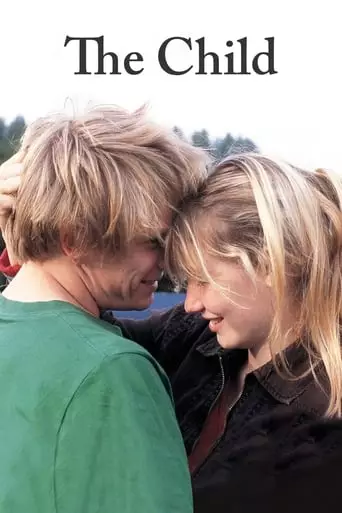
Bruno and Sonia, a young couple living off her benefit and the thefts committed by his gang, have a new source of money: their newborn son.
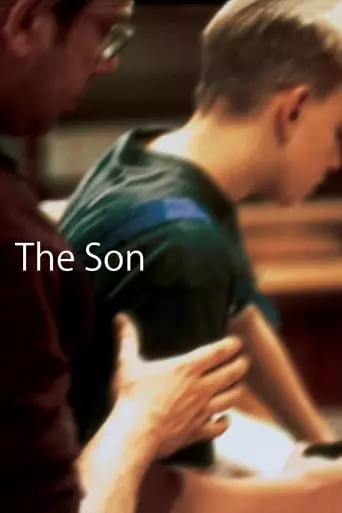
A joinery instructor at a rehab center refuses to take a new teen as his apprentice, but then begins to follow the boy through the hallways and streets.
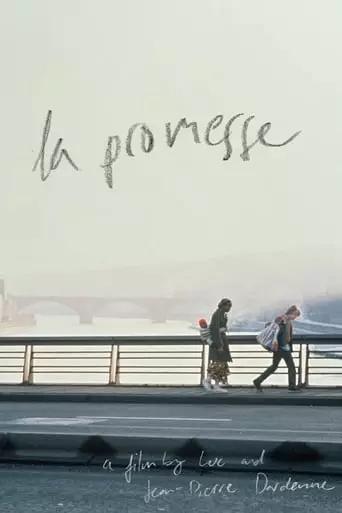
Igor, aged 15, and his father Roger deal in housing and peddling illicit labor in the outlying districts of Liege, Belgium. Scams, lies and swindling rule their lives. When one […]
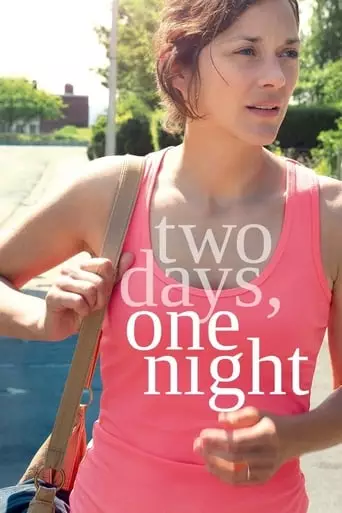
Sandra is a young woman who has only one weekend to convince her colleagues they must give up their bonuses in order for her to keep her job — not […]
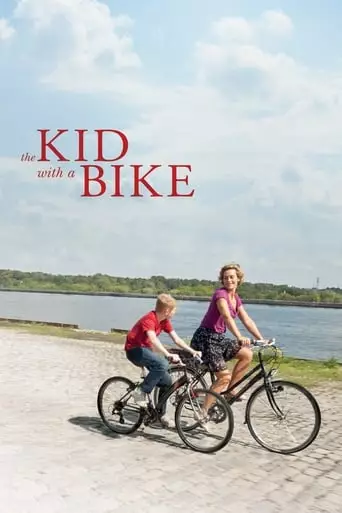
Abandoned by his father, a young boy is left in the hands of an unqualified childcare provider.
Jean-Pierre Dardenne: A Visionary of Humanist Cinema
Jean-Pierre Dardenne, alongside his brother Luc, stands as one of the most influential filmmakers of contemporary cinema. With a career marked by an unwavering dedication to realism and social justice, Jean-Pierre has helped redefine storytelling through a lens that focuses on the struggles, dignity, and moral choices of everyday people.
Early Life and Artistic Beginnings
Born on April 21, 1951, in Engis, Belgium, Jean-Pierre Dardenne grew up in an industrial region that profoundly influenced his artistic sensibilities. His early exposure to the challenges faced by working-class communities instilled in him a deep empathy for marginalized individuals—a recurring theme in his films.
Jean-Pierre pursued his education in dramatic arts and philosophy, later teaming up with his younger brother Luc to explore the possibilities of filmmaking. The brothers’ passion for authenticity and social commentary led them to establish Dérives, their production company, in 1975, which became a platform for their initial foray into documentary filmmaking.
Documentary Foundations
The Dardenne brothers’ early documentaries were deeply rooted in the realities of Belgian society, focusing on labor movements, industrial decline, and the lives of marginalized communities. These experiences sharpened their ability to observe human behavior and frame stories with a deep sense of authenticity.
Their documentary work laid the groundwork for their transition to narrative cinema, providing the foundation for their distinctive style: minimalist, observational, and emotionally resonant.
Breakthrough with La Promesse
Jean-Pierre’s narrative filmmaking career began with Falsch (1987) and Je pense à vous (1992), but it was La Promesse (1996) that brought the Dardenne brothers into the international spotlight. The film tells the story of a teenager confronting his father’s exploitation of undocumented immigrants, offering a raw and poignant exploration of moral awakening.
With La Promesse, Jean-Pierre demonstrated his ability to weave intimate character studies with broader social issues, creating a new benchmark for realism in European cinema.
Cannes Triumphs and International Acclaim
Jean-Pierre’s career reached its zenith with Rosetta (1999), a gripping portrayal of a young woman’s struggle to escape poverty. The film won the Palme d’Or at the Cannes Film Festival, catapulting the Dardenne brothers to international fame. It also sparked changes in Belgian labor law, reflecting the profound societal impact of their work.
Their second Palme d’Or came with L’Enfant (2005), a tale of a young couple who face the moral consequences of their desperate decisions. These films cemented Jean-Pierre’s reputation as a filmmaker who could delve into the complexities of human ethics without judgment, allowing audiences to wrestle with the same dilemmas as his characters.
Hallmarks of Jean-Pierre Dardenne’s Cinema
Jean-Pierre’s films are characterized by a commitment to naturalism, achieved through handheld camerawork, long takes, and a stripped-down aesthetic. The absence of non-diegetic music and reliance on real locations immerse viewers in the world of his characters, creating a visceral sense of realism.
Recurring themes in his work include moral ambiguity, resilience, and the struggles of individuals against systemic inequality. His protagonists are often ordinary people facing extraordinary ethical challenges, making his stories universally relatable and deeply human.
Later Works and Continued Excellence
Jean-Pierre continued to explore urgent social themes in films such as The Kid with a Bike (2011), Two Days, One Night (2014), and The Unknown Girl (2016). In Two Days, One Night, Marion Cotillard delivers a powerful performance as a woman fighting to keep her job, highlighting the fragility of modern labor conditions and the strength of collective solidarity.
His 2019 film Young Ahmed tackled the radicalization of a Muslim teenager in contemporary Belgium, sparking critical discussions about integration, identity, and empathy. The brothers’ latest work, Tori and Lokita (2022), returns to the theme of immigration, telling the poignant story of two African youths navigating a hostile environment while relying on their bond for survival.
Legacy and Influence
Jean-Pierre Dardenne’s contributions to cinema, often in collaboration with Luc, have left an indelible mark on the landscape of European and global filmmaking. His ability to tell deeply personal yet universally resonant stories has inspired filmmakers worldwide.
Beyond the accolades and critical acclaim, Jean-Pierre’s films serve as a mirror to society, shedding light on its injustices while celebrating the resilience and dignity of the human spirit. His work exemplifies the power of storytelling to evoke empathy and drive conversations about the pressing issues of our time.
Conclusion
Jean-Pierre Dardenne’s cinema is a testament to the transformative power of authenticity and empathy in storytelling. Through his meticulous attention to detail and unwavering focus on the human experience, he has created a body of work that not only entertains but also challenges and inspires. As one half of the iconic Dardenne brothers, Jean-Pierre’s legacy is one of compassion, realism, and a profound commitment to humanity.